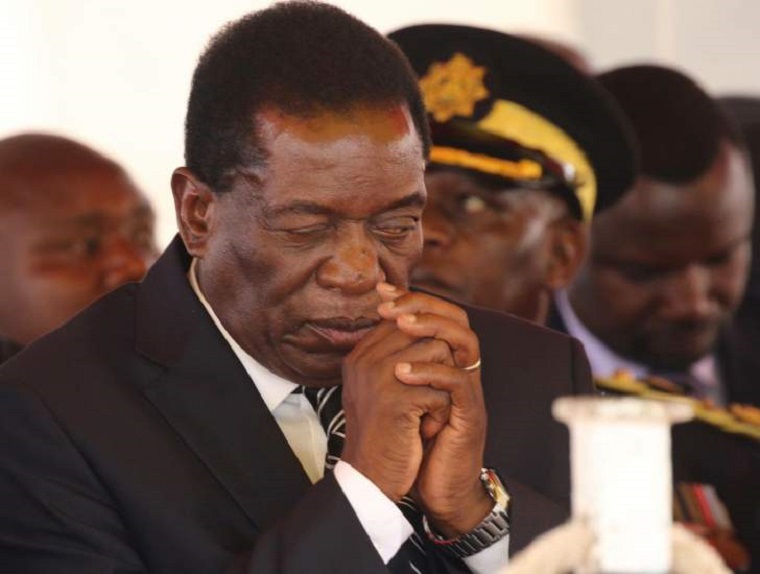 One of the recently appointed advisors to the President, Eddie Cross, says the current fuel shortages are due to corruption in government and the massive flow of illicit resources is going to politically connected individuals including the President.
One of the recently appointed advisors to the President, Eddie Cross, says the current fuel shortages are due to corruption in government and the massive flow of illicit resources is going to politically connected individuals including the President.
Writing on his blog, Cross said the cartel that is holding the country to ransom was created in 2014 and has scammed the country of over $1.5 billion in corrupt profits.
“Most of this massive flow of illicit resources, going to politically connected individuals, including the State President,” he wrote.
It was not, however clear whether the President involved is former President Robert Mugabe or current President Emmerson Mnangagwa.
Below is the full write-up:
Zimbabweans are incredibly patient and have put up with many failures of the State for many years. But the present shambles in the fuel industry simply goes too far. It is time heads rolled and those responsible punished. Enough is enough.
I think it is clear to everyone that since 2014, a cartel of private and State interests has been taking massive profits from the system for their own benefit and to support the retention of power by our political elite.
The sums involved are staggering for a small country like ours and could exceed US$2 billion in the past four years. That is more than the national health budget.
It started in 2014 with a corrupt decision by the Minister of Energy to allow a private sector company backed by a multinational group, to take effective commercial control of the pipeline that supplies Zimbabwe with fuel.
In the next three years this cartel manipulated the domestic prices for fuel and the tariffs on the pipeline to the extent of skimming off the system about US$1.5 billion in corrupt profits.
Most of this massive flow of illicit resources, going to politically connected individuals, including the State President.
This flow of corrupt funds was made possible by two main events – the decline in global oil prices in 2014 when crude oil prices collapsed from US$137/140 to a barrel to less than US$35.
What the cartel did then was to skim off the bulk of the margin enabled by this global price collapse.
When prices started rising in 2018, reaching US$75 a barrel at the end of the year, the extraordinary margin available on fuel trading was replaced by a sharp rise in inflation in Zimbabwe, reaching hyper levels in November while the Reserve Bank maintained the artificial rate of 1:1 on the local currency.
Continued next page
(536 VIEWS)


